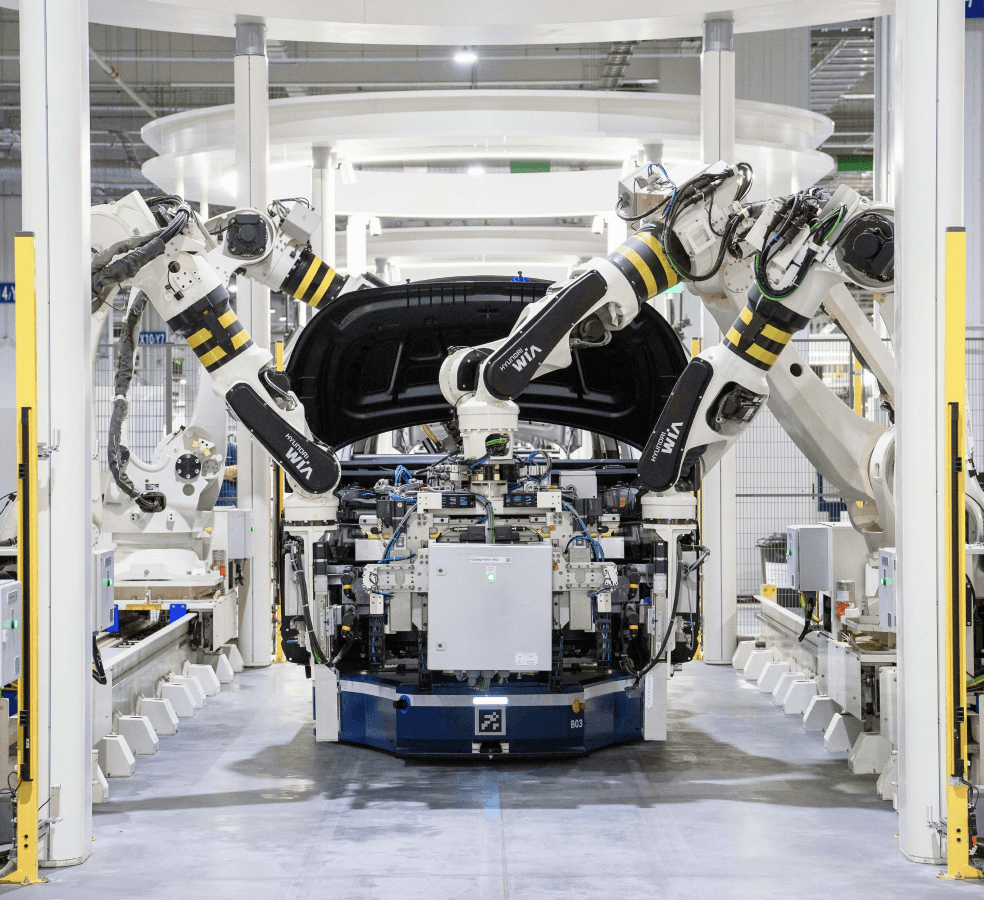March 29, 2024, marked a significant milestone as OpenAI shared insights from an early preview of its innovative Voice Engine, a model capable of creating custom voices from just a 15-second audio sample. This small-scale revelation opens new avenues in text-to-speech technology, allowing for the generation of natural, emotive, and highly realistic speech that mirrors the original speaker's voice closely.
Developed initially in late 2022, Voice Engine has been the backbone of the preset voices in OpenAI's text-to-speech API, alongside powering ChatGPT Voice and Read Aloud features. However, OpenAI treads cautiously towards a wider release, mindful of the potential misuse of synthetic voice technology. This initiative aims to spark a dialogue on responsible synthetic voice deployment and societal adaptation to these emerging capabilities.
Early Applications Show Promise and Diverse Utility
In a series of private tests with trusted partners, Voice Engine has demonstrated a vast potential across various sectors. From enhancing educational tools with more natural and diverse voices to facilitating global content reach through fluent multilingual translations, the applications are both innovative and impactful. Notable collaborations include Age of Learning's use of Voice Engine for interactive educational content, HeyGen's employment of the technology for multilingual video translations, and Dimagi's integration of Voice Engine in tools for community health workers, offering personalized feedback in native languages.
Moreover, Voice Engine has been instrumental in providing voices for non-verbal individuals through AAC devices and assisting patients with speech impairments recover their voice, showcasing its therapeutic potential. These early deployments not only highlight the technology's versatility but also inform OpenAI's approach to developing safety measures and ethical guidelines for its use.
Building Voice Engine with Safety and Ethics at the Forefront
Recognizing the profound implications of replicating human voices, OpenAI has established stringent usage policies for Voice Engine. These include prohibitions on impersonation without consent, requirements for explicit speaker consent, and mandatory disclosure of AI-generated voices to audiences. Additionally, OpenAI has introduced safety measures such as watermarking and proactive monitoring to trace and oversee the use of generated audio.
Looking forward, OpenAI underscores the necessity of societal and technological adaptations to mitigate risks associated with synthetic voices. Suggestions include moving away from voice-based authentication for security, developing policies to protect individuals' voices from unauthorized AI use, and enhancing public education on AI capabilities and limitations.
As OpenAI continues to explore the technical and ethical boundaries of synthetic voice technology, the preview of Voice Engine serves as both a demonstration of its potential and a call to action for building resilience against the challenges posed by advanced generative models. This initiative represents a step towards responsible innovation, with OpenAI inviting ongoing dialogue with stakeholders across various domains to shape the future of synthetic voices.








